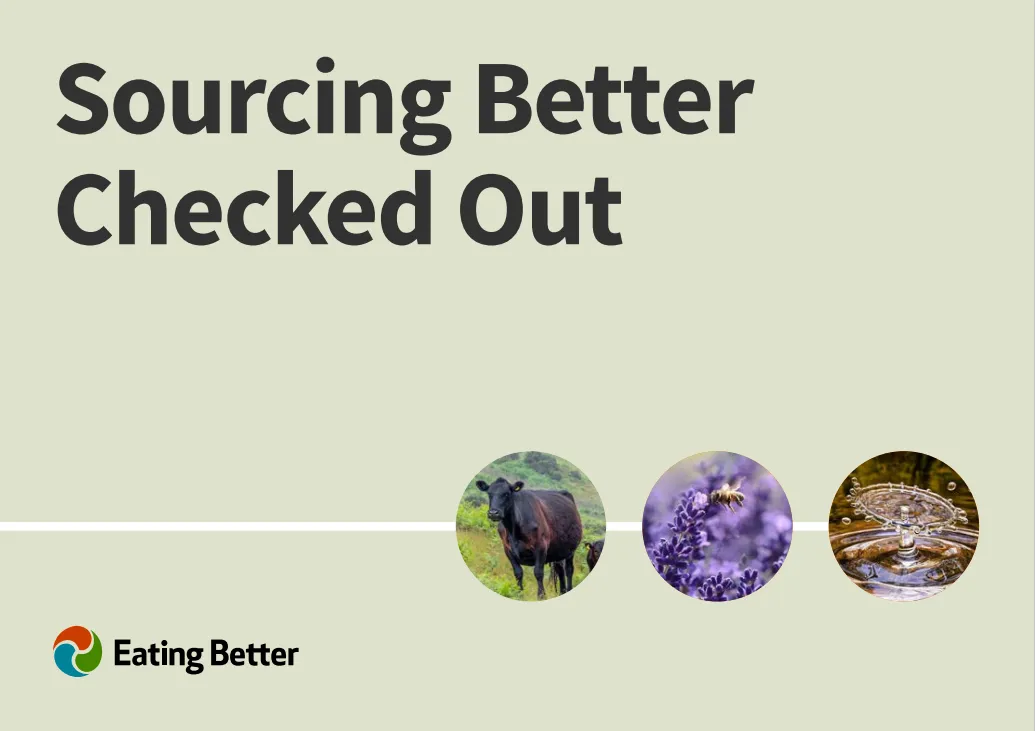This is a special issue introduction, providing a brief overview of the CSES project (Coalition for Sustainable Egg Supply (CSES)) to serve as an introduction for the papers that follow in this volume of Poultry Science. The full issue focuses on providing empirical information on the sustainability of commercial-scale egg production.

Abstract
In the United States, empirical information on the sustainability of commercial-scale egg production is lacking. The passage of state regulations specific to hen housing created urgency to better understand the effects of different housing systems on the sustainability of the egg supply, and stimulated the formation of a coalition, the Coalition for a Sustainable Egg Supply (CSES), to conduct research on this topic. The CSES is a multi-stakeholder group with 27 members, including food manufacturers, research institutions, scientists, restaurants, food service, retail food companies, egg suppliers, and nongovernmental organizations. A commercial-scale study was developed to better understand the effect of 3 housing systems (conventional cage, enriched colony, and cage-free aviary) on 5 areas related to a sustainable egg supply. These 5 sustainability areas represent effects on people, animals, and the environment: animal health and well-being, environment, food safety, worker health and safety, and food affordability. Five teams of scientists, each associated with a sustainability area, conducted an integrated field study at a commercial site in the upper Midwest through 2 flock cycles in 3 housing systems. This paper provides a brief overview of the CSES project to serve as an introduction for the papers that follow in this volume of Poultry Science.
Citation
Swanson, J. C., Mench, J. A., Karcher, D., The Coalition for Sustainable Egg Supply project: An introduction, Poultry Science, 94 (3): 473-474, doi: 10.3382/ps/peu012
Read the full introduction paper here and see the table of contents for the rest of the special issue here.




Comments (0)